A Prickly Martha Stewart Makes for a Bracing Netflix Portrait
By Alissa Wilkinson
November 1, 2024
The re-evaluation of maligned celebrities — especially women who reached the height of fame in the 1990s — has become its own mini-genre of pop culture. Often the story tells a bigger tale: a culture bent on taking down successful women, or beautiful ones, or just ones who accidentally strayed into the spotlight.
So I wasn’t surprised to see a documentary about Martha Stewart on Netflix’s docket. Titled “Martha” — from that one name, you know instantly who it’s about — and directed by R.J. Cutler, it makes a simple enough case: that Martha Stewart was in nearly every way ahead of her time. She was a stockbroker in the late 1960s, then started a catering company that became the impetus for her books about entertaining and homemaking. Eventually she became a media mogul, considered both the first self-made female billionaire and the original influencer. Then, the movie argues, she was also unfairly prosecuted as a result of her fame and the prosecutors’ need to make a name for themselves. But look, “Martha” says: her road back to influence in recent years on TV and on social media has been remarkable.
All of this follows the traditional arc: success, fall from grace, eventual salvation. What I didn’t expect, though, was how Cutler would go about filling in the details. Stewart, who is 83, sat down for a lengthy interview — often an indicator of a pure public relations piece, only telling the story the subject wants told. Usually those are surface-level and hagiographical takes, just part of the overall brand-building package.
That’s definitely present in “Martha,” which in its final section chronicles the past decade of Stewart’s life in very rosy terms, beginning with her participation in a 2015 Comedy Central roast of Justin Bieber, which began both her “cool grandma” era and her unlikely friendship with Snoop Dogg.
But for most of the film, there’s more fruitful tension than blind celebration. Stewart makes for a prickly interviewee, especially when she’s talking about something she’s not interested in discussing in depth — her first marriage, for instance, or the subject of feelings in relationships. She argues a bit with Cutler. He occasionally lets a statement hang in the air or keeps the camera running, giving us a glimpse of something that feels not totally intended on her part.
There are next to no other interviewees onscreen; Cutler instead chose to include other commentators (friends, former colleagues and several of Stewart’s family members, including her daughter, Alexis Stewart) only via audio paired with archival footage and photographs. Sometimes those commentators contradict or add helpful color to Stewart’s own version of herself. The question they all seem to be trying to answer is why, when she was convicted of lying about the reasons for a stock trade at the heart of an insider trading case in 2004, the response from media figures seemed all out of proportion, outright vitriolic.
The answer is elusive. She was, by their accounts, a tough boss; an unprintable word for a strong woman is raised many times, by friends and critics alike. At times, it seems Cutler is weaving them into the narrative to flesh out the complex figure that Stewart represented in the public eye: a powerful, wealthy, self-made woman who also built her empire on homemaking, a profession that is meant to be soft and stereotypically feminine. The collective cognitive dissonance, the movie argues, was unbearable.
That’s all interesting. But more interesting is Stewart herself, who doesn’t hold back in the film. It’s bracing and a little startling, given the sanded-off edges that a lot of well-known people present to the public. She remarks quite seriously, for instance, that James B. Comey and the other prosecutors responsible for imprisoning her for five months in 2004 “should have been put in a Cuisinart and turned on high.” She has very little patience when discussing people who react negatively to her efficient, exacting professional perfectionism. She minces no words in talking about the men who left her. She has choice words for colleagues who crossed her.
It’s refreshing. Her candor and sharpness make for a much better, far more believable film: this is a woman who feels wrongs and moves relentlessly forward, but never forgets. “Martha” feels like a far more comprehensible key to Stewart — who has been the subject of speculation, fascination, jokes that turn cruel and plenty of schadenfreude — than half a century of media attention has managed to find.

